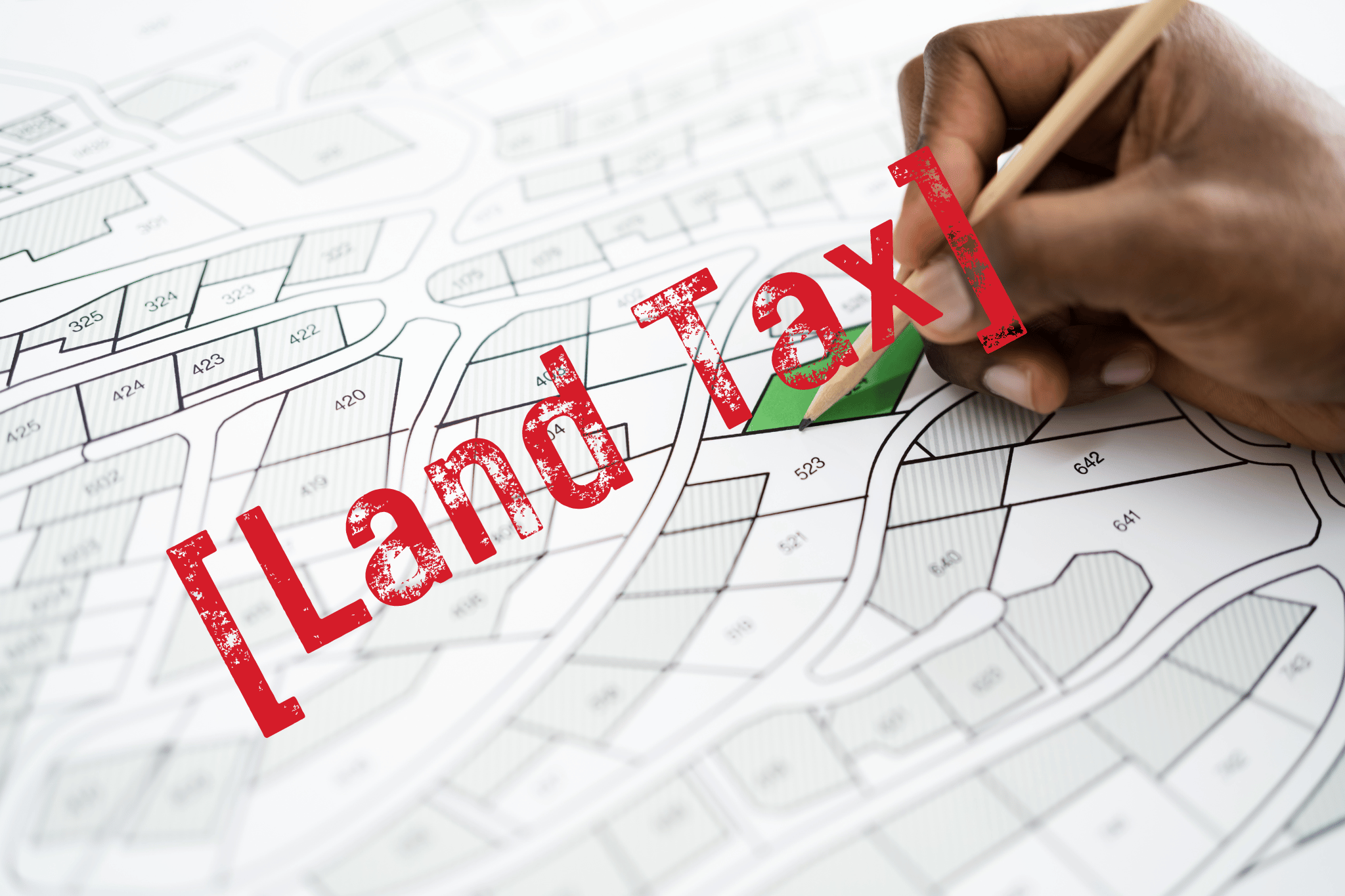In the world of property transactions, one term that often comes up is “land tax.” It’s a tax that many have heard of but few truly understand. In this blog, we aim to unravel the mysteries of land tax in New South Wales. We’ll explore who pays it, when it’s applicable, and its significance in property transactions, especially when buying a property.
Land Tax 101: What Is It, Anyway?
Land tax is a state-imposed tax levied on the ownership of land in New South Wales. It’s an annual tax based on the total value of your land holdings as of the 31st of December each year. The primary goal of land tax is to encourage the efficient use of land, as well as to generate revenue for the state government.
Who Pays Land Tax?
In New South Wales, individuals, companies, and trustees are liable to pay land tax if they own any land or properties. The tax extends to residential, commercial, and even vacant land.
Exemptions and Thresholds: Who Gets a Pass?
Not all landowners are subject to land tax. There are exemptions and thresholds that determine whether you need to pay or not.
Threshold: For the 2023 tax year, the land tax threshold stands at $969,000.00. If the total taxable value of your land holdings is below this threshold, you won’t have to pay land tax.
Exemptions: Certain properties are exempt from land tax, such as your primary place of residence, farmland, and charitable organizations’ land. If your property falls under these categories, you’ll enjoy an exemption.
Principle Place of Residence (PPR) Exemption: Your primary place of residence, as long as you live there for at least six months each year, is exempt from land tax. This is a significant relief for homeowners.
Land Tax When Buying a Property: What You Need to Know
For property buyers, land tax is a crucial consideration, especially during settlement. Here’s what you should be aware of:
Purchasers Are Not Liable for Previous Owner’s Land Tax: When you purchase a property in New South Wales, you are not responsible for the land tax accrued by the previous owner. This is a relief for buyers because it ensures that you won’t inherit any existing tax debts associated with the property.
Paying Land Tax Post-Purchase: After the property is transferred into your name, you will become responsible for land tax. It’s essential to notify Revenue NSW of the change in ownership. Failing to do so could result in delayed land tax assessments, which can lead to complications during settlement.
Pro-Rated Land Tax Adjustments: Settlement usually involves pro-rated adjustments for land tax. This means that if you purchase a property partway through a tax year, you’ll be responsible for the land tax for the portion of the year during which you own the property.
The Consequences of Land Tax Mistakes at Settlement
Mistakes related to land tax during property settlement can have significant consequences:
Settlement Delays: If land tax isn’t correctly addressed, it can lead to settlement delays, which can be frustrating and costly for both the buyer and seller.
Financial Penalties: Failure to notify Revenue NSW of the change in property ownership can result in financial penalties. It’s essential to fulfil this obligation promptly to avoid such consequences.
Unforeseen Costs: Inaccurate land tax calculations can lead to unexpected costs for the buyer. These costs can put strain on your finances at a time when you’re already managing the expenses associated with a property purchase.
Why Professional Assistance Is Essential
Given the intricacies of land tax, it’s highly advisable to seek professional assistance, particularly from a conveyancer. Conveyancers have a deep understanding of the nuances of land tax in New South Wales. They can:
- Request for the land tax adjustment to be deleted if the vendor is trying to share their land tax with you.
- Accurately calculate pro-rated land tax adjustments, protecting your financial interests.
- Provide guidance on potential exemptions or concessions that may apply to your situation.
- Advise on the implications of land tax during the property buying process, helping you make informed decisions.
In conclusion, land tax is a crucial consideration for property buyers in New South Wales. Understanding who pays it, when it’s applicable, and the consequences of getting it wrong during settlement is vital. Seek professional guidance from a conveyancer to navigate the complexities of land tax, ensuring a smooth and stress-free property buying process. With their expertise, you can avoid costly mistakes and confidently move forward with your property investment in NSW.
Head over to the land tax page on Revenue NSW website for the latest information.https://www.revenue.nsw.gov.au/taxes-duties-levies-royalties/land-tax


